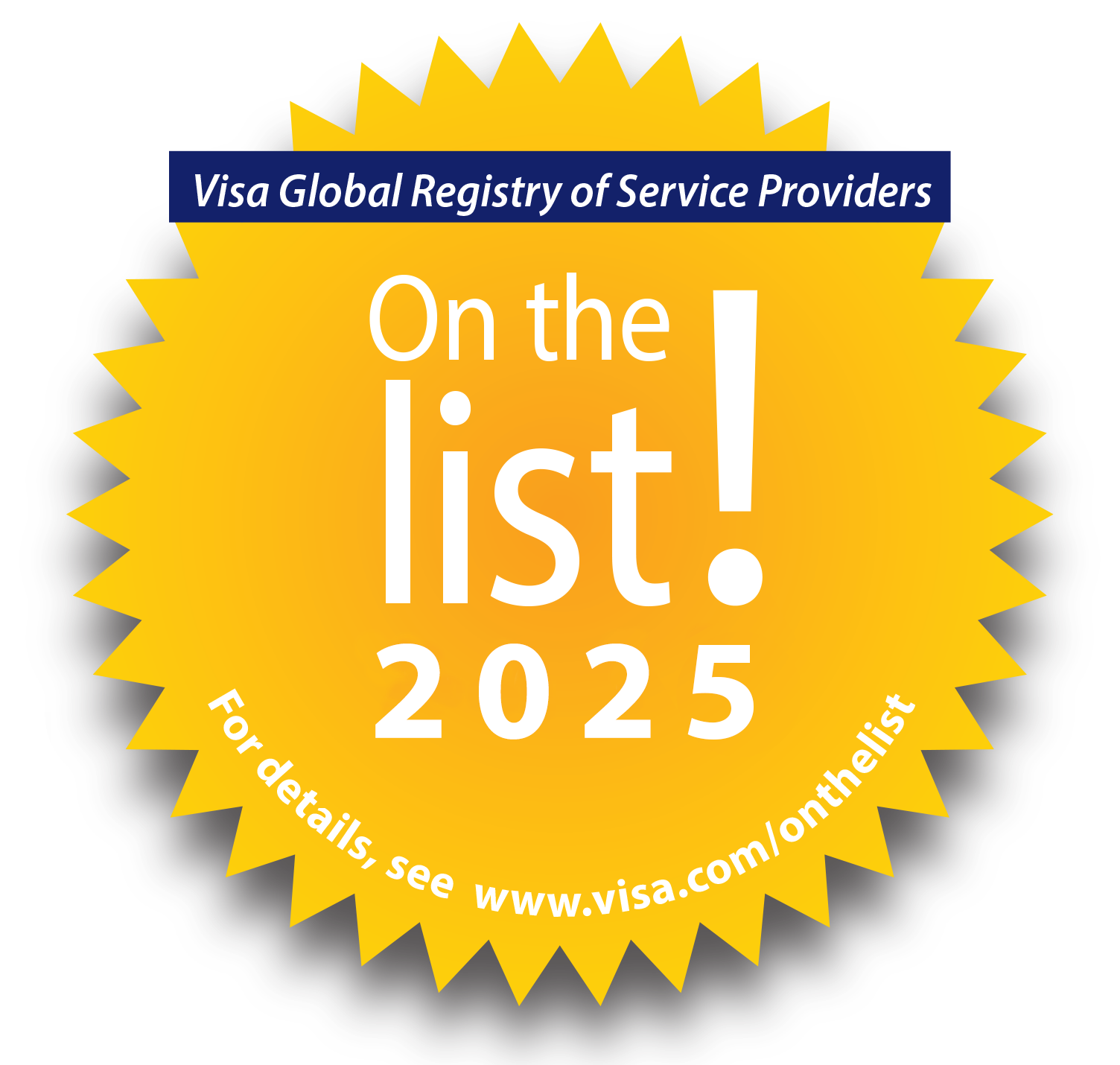Millennials are showing up in workplaces across the country, working in large corporations and small businesses. In some cases, they’re even running their own startups and working as independent contractors. Business leaders have been advised on the best ways to get the most out of this generation of workers, taking advantage of their many strengths to build stronger teams.
As more millennials move into leadership positions, they’ve been dramatically changing the way money moves from one business to another. From invoicing to accounting, this generation tends toward electronic methods of handling payments. If your business doesn’t work with millennial-run companies currently, chances are you’ll have clients in that generation in the future. Here are a few things to know about B2B payments and younger workers.
Mobile Banking
Millennials have embraced mobile banking more than any other generation,making a tangible impact on the services banks offer. While Generation Xers and Baby Boomers may travel to the bank and stand in line, millennials use mobile banking apps to do everything from check their balances to inquire about applying for a mortgage. In fact, when surveyed, many millennials feel that physical bank branches won’t even exist a decade from now.
For businesses, this means rethinking old payment methods. Paper checks may have vanished from the consumer market, but many businesses still rely on them to pay bills. While options like mobile check deposit can save millennial business owners a trip to the bank, it still adds extra steps to something that could be handled electronically.
Digital Invoicing
There are numerous ways to request payments for services rendered without involving paper in the process. Instead of mailing a bill and waiting for it to go through a time-consuming accounts-payable process, millennial entrepreneurs are more likely to use an invoicing tool like PayPal or FreshBooks to request payment. By being flexible in the way they pay, businesses are more likely to have satisfying business relationships with their millennial clients.
There has been a documented age gap when it comes to digital payments and security. When businesses are the ones sending the invoices, they may still feel more comfortable clinging to paper-based invoices they create using their existing systems. When this is the case, it can still expedite payments to email these invoices rather than sending them through the mail system or faxing them.
Electronic Payments
From the way they pay at cash registers to the way they split expenses with friends, millennials prefer finding ways to transfer money electronically. Whether they’re sending money through their bank’s peer-to-peer payment option or they’re using an app like PayPal or Venmo, this generation knows there are easier ways to make payments than getting cash out of an ATM.
Keeping in mind that this younger generation relies on their mobile apps, it’s important to make sure money is transferred in a way that’s convenient for them. This generation may even use mobile card readers to accept credit cards on the go and expect other businesses to offer the same level of convenience.
Document Management
Millennials are also less likely to use paper-based procedures to run their businesses. They’ll set up cloud-based document management systems that help them organize and track their files in one place. Because all paperwork is backed up on a daily basis, it can endure through natural disasters, multiple office moves, and employee errors. Best of all, they can free up office space that would be occupied with file storage.
In addition to receipts and account records, another area of document management directly related to B2B payments is accounts receivable tracking. As shipments arrive and depart a business, often a paper trail is involved that includes packing lists and receivables notices. Traditionally, these files were maintained in boxes or file cabinets, where employees were required to search for them if they ever needed them. Document management systems can set this information up to be searchable to make it easy for employees to look through decades of paperwork in mere seconds.
The millennial generation has become a more prominent part of the modern workplace, with some businesses finding they’re regularly interacting with millennial business owners. When businesses tailor their processes to the way millennials prefer to work, they can connect with this new generation of business owners and expand their customer bases.

Ready to elevate your B2B payments?
Whether you are automating for the first time, ready to refresh your existing technology, or looking for ways to complete the ‘last mile’ of automation, Edenred Pay can help. Let’s chat about your needs.







